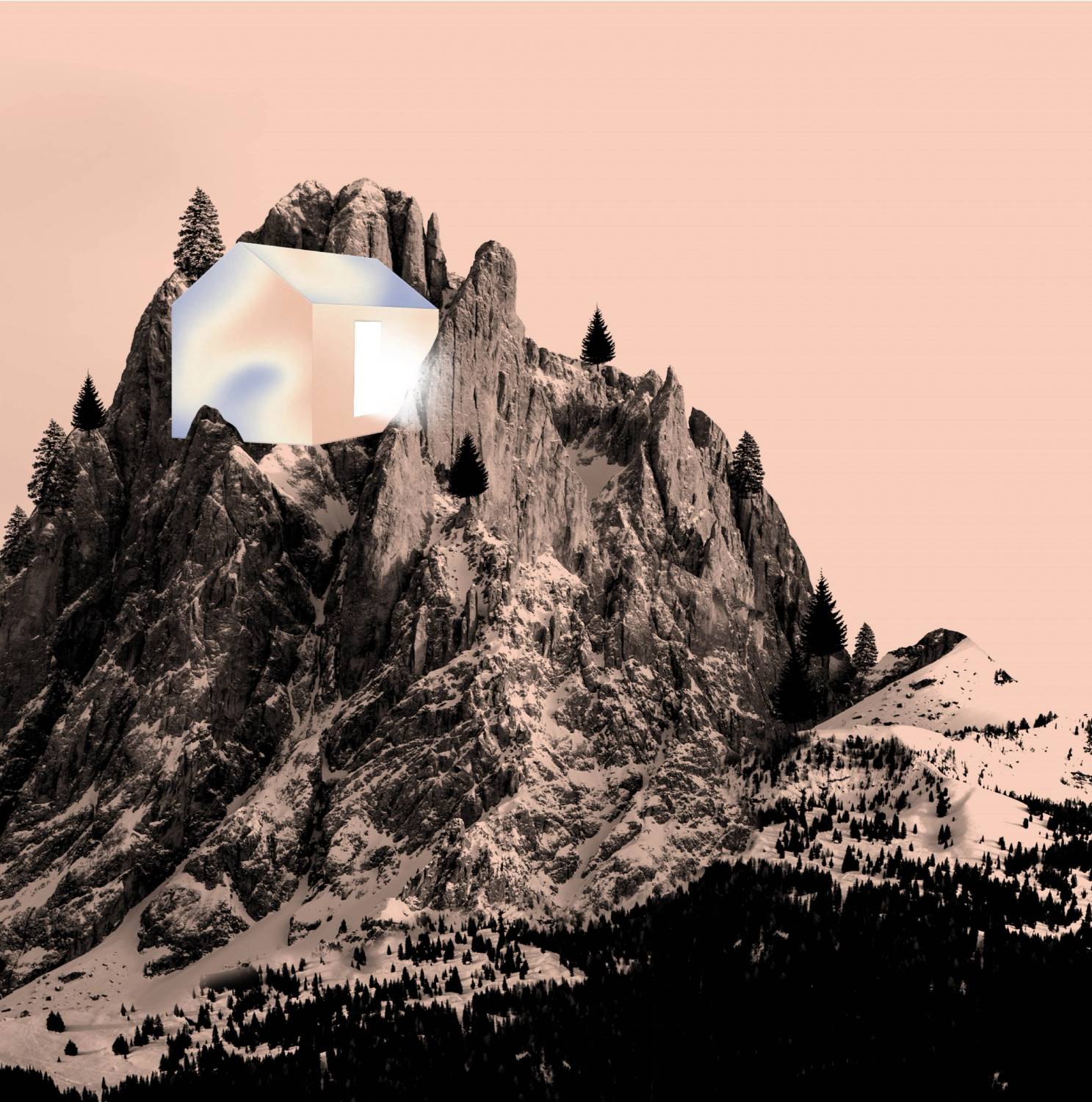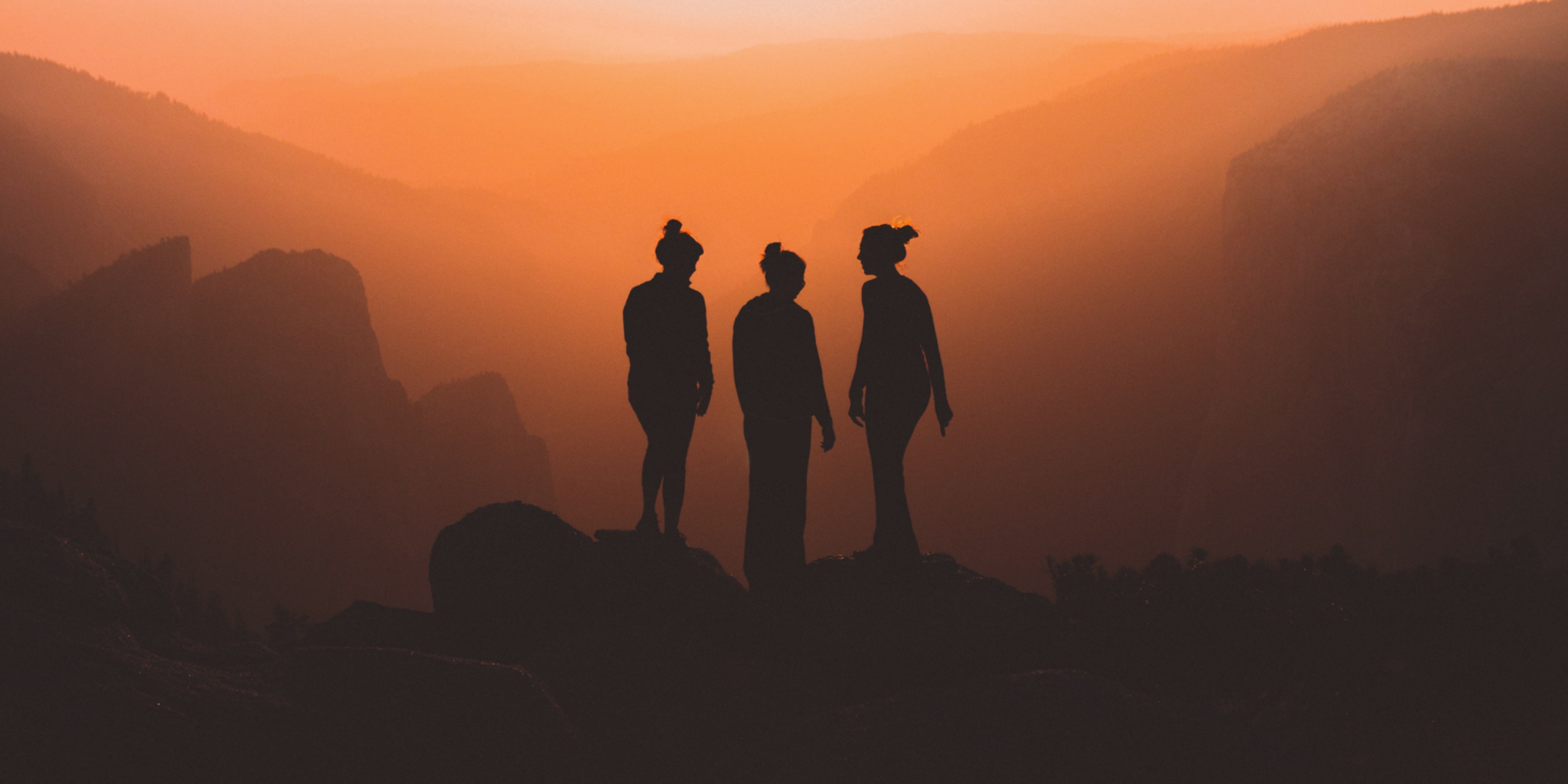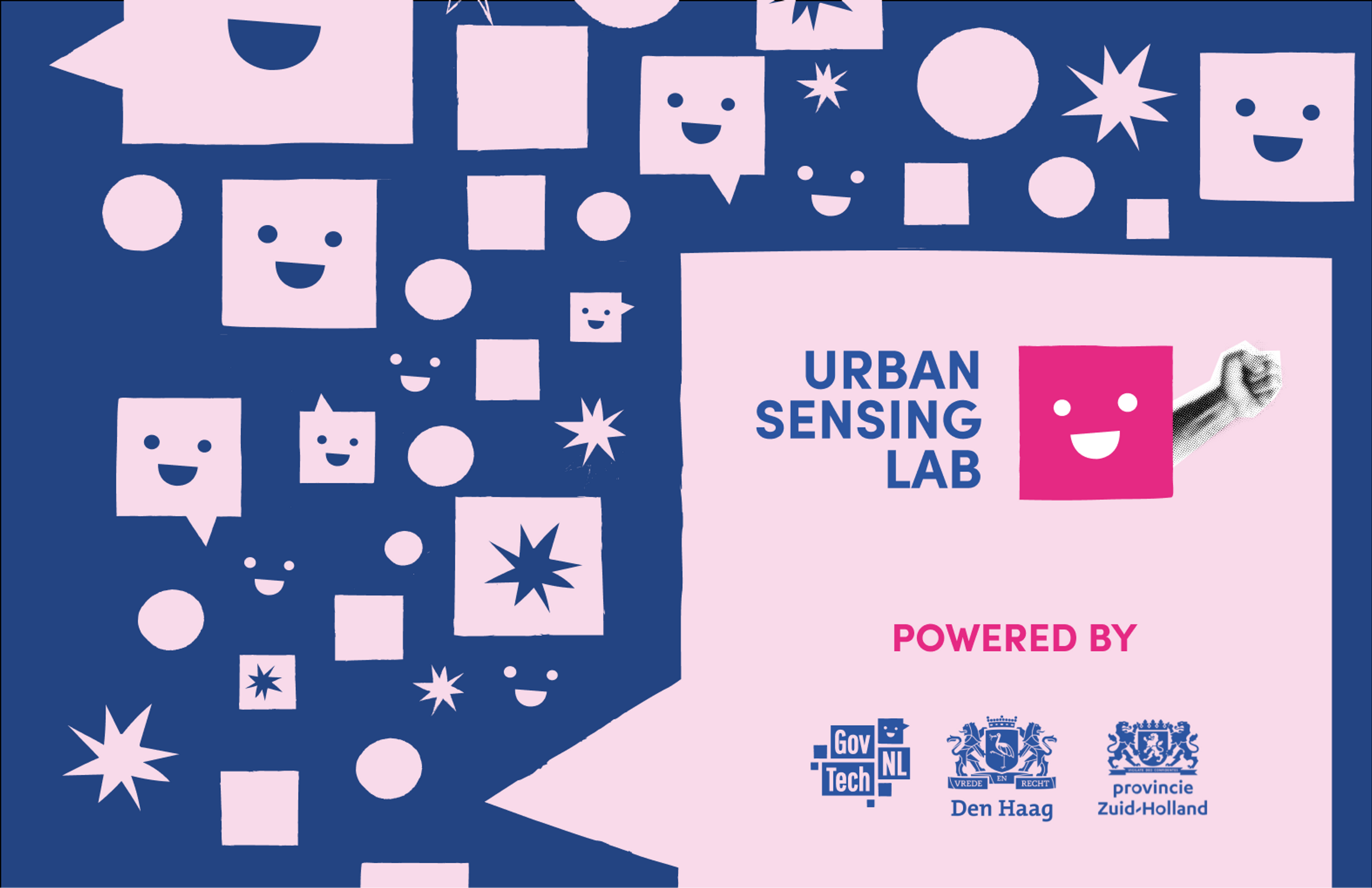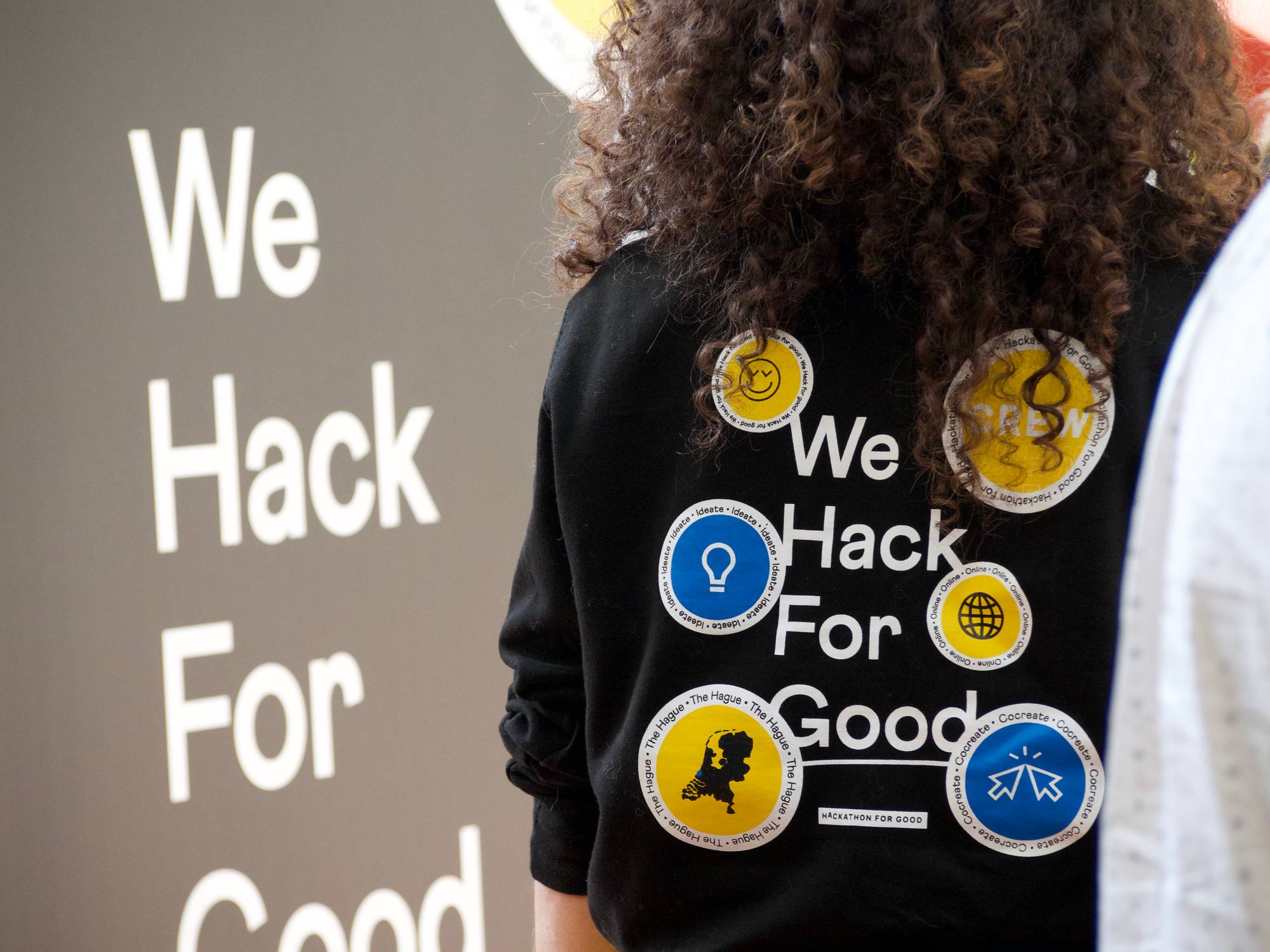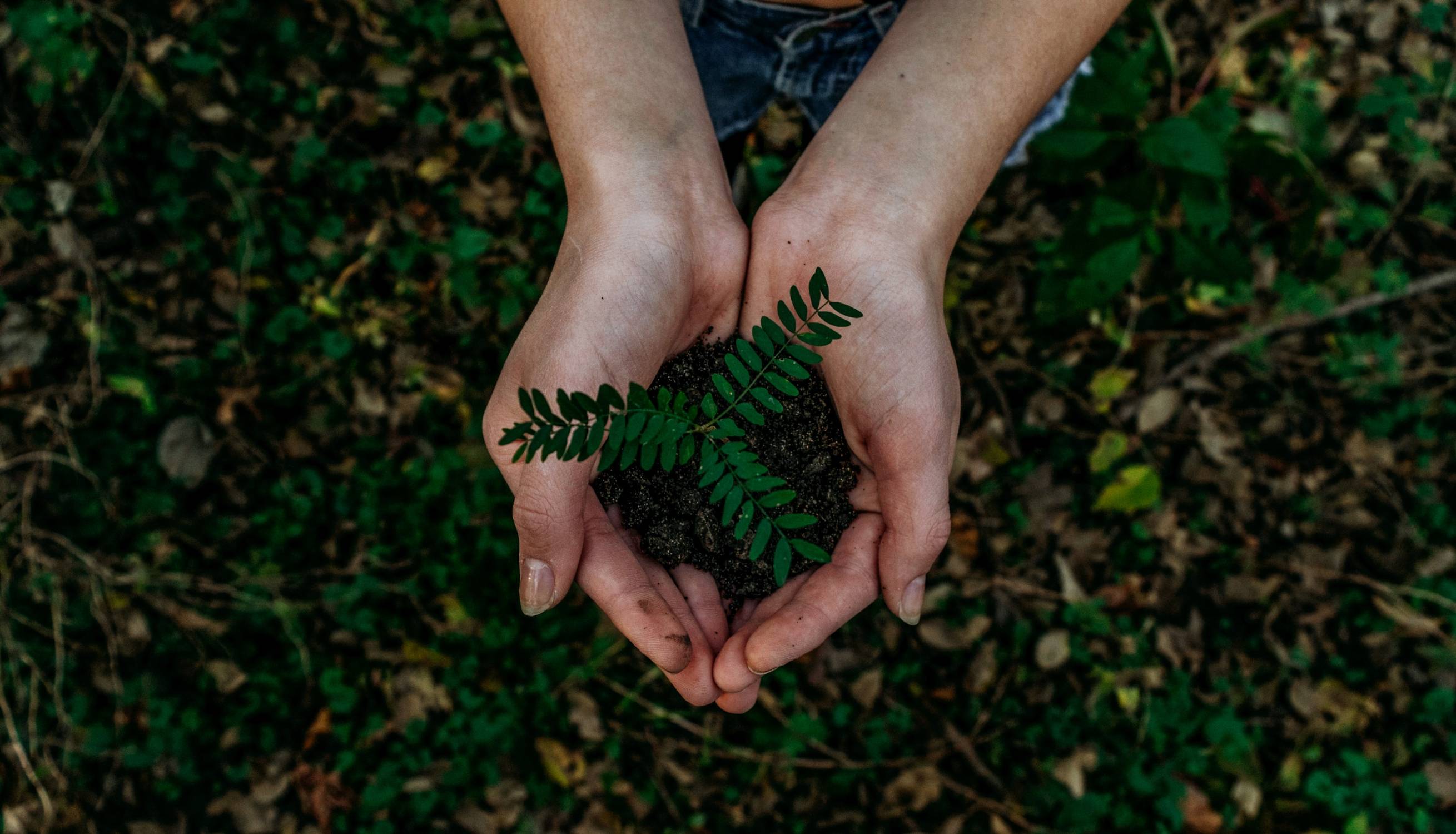
October 17, 2022
The Regenerative Economy. Your two cents, please.
#regenerative
#economy
#impact

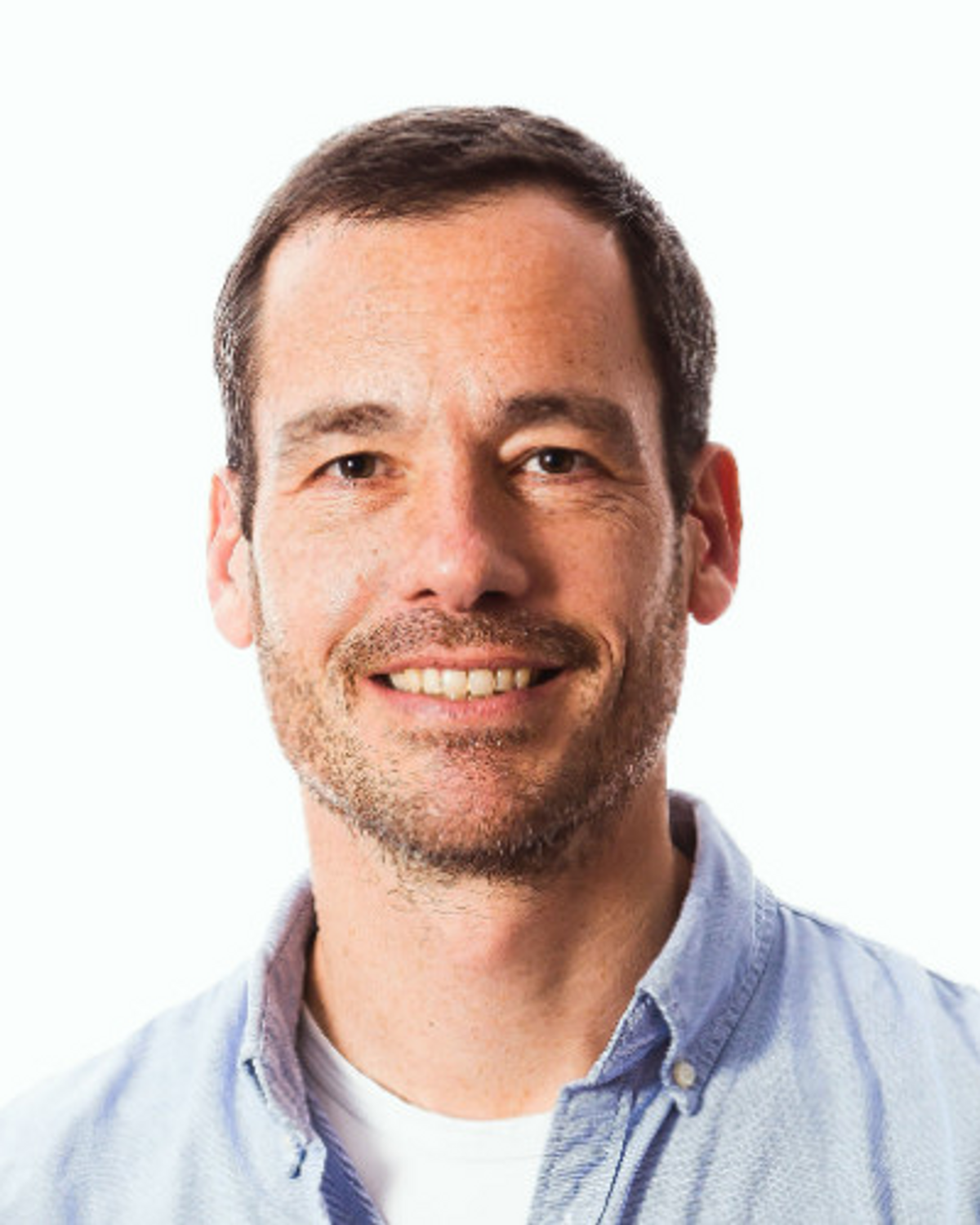

Gerrit Jan van 't Veen
Managing Director of WorldStartup Collective
Share
It’s okay to say it’s not okay
In the past months, I had the opportunity to visit a couple of events again. Given my interest, most of them were about entrepreneurship and impact. What struck me is that - compared to pre-covid - it’s now much more appreciated to tell your audience that the world is falling apart big-time if we continue doing what we are doing. But depending on the community you are in, people still have very different opinions on how to deal with that.
Especially conservative libertarian communities struggle to drop their views on freedom of choice. One of the quotes I recently wrote down during one of these events was: “If people like Coca-Cola, who are we to intervene in that transaction.”
To me, this honest and sincere reaction right after a heartbreaking presentation on the effects of climate change represents the dilemma for many people quite well. “I was taught X, I believe Y is good. I raised my children with Z. I worked my whole life believing Q. Can I really embrace an uncertain and unproven alternative?”
We need to change the economic model
The libertarian economic model was only possible in a state of abundance. As soon as you accept the social and planetary boundaries, there is a need to construct and apply a moral framework on how to deal with apparent scarcity.
The traditional economy is pretty straightforward and basically asks you to stick to the law, maximise your profits, and win in your markets, but avoid monopoly, because we have a rule for that.
The preferred economy - after you have acknowledged the boundaries - asks for a moral framework that is not completely written down for you in law. As a consumer, citizen, and professional in this economy, you have to create and apply your own set of principles to operate successfully.
Contemplating the Regenerative Economy
So, what are the principles of the preferred economy? During Impact Week in Stockholm, I was lucky to participate in a couple of sessions about the utopian and actual impact startup ecosystem. We shared stories, opportunities, and fears about startups, support, and innovation.
Afterwards, we agreed it might be nice to write down some of the principles we previously discussed. Not to create yet another ESG framework but rather to experience if it's possible to develop a shared understanding of a preferred future economy. After some initial drafts, conversations, and feedback, I ended up with a simple model. And most importantly, with the shared insight that the conversation was already a valuable experience.
A Regenerative Economy model
“In a regenerative economy, we want certain solutions from a certain kind of companies that are actively involved in certain communities.”

The first two columns are similar to things you can find in most ESG frameworks. The third column is more about the culture and outcome of the combined activities of all stakeholders.
A simple example: buying a new bed
Now let's take a simple thing as a bed to apply this model. Of course, we want the bed to match our personal taste, to be comfortable and affordable. But in the regenerative purpose-driven economy, we suddenly have a lot more to care about. We prefer the bed to be made out of plant-based material and with a carbon-negative lifecycle. We want it to be part of a circular production system, preferably with zero waste and no pollution or any long-lasting intrusion on nature. We hope to be able to share the bed - thanks to Airbnb - or purchase it second-hand. We are thrilled to see that the design of the bed is available as an open source to make sure other entrepreneurs can apply it in their context and build with their capacities on top of it.
And it’s not just the product itself we care about. We also have to form an opinion on the company designing, manufacturing, and delivering it to us. We want this company to care more for its purpose than its profit. We want it to embrace a regenerative mission and match company goals. We also want it to strive for the equality and wellness of all involved professionals. To be cooperative and embedded in a local context, giving back to the community and stakeholders in the supply chain.
Ideally, if we zoom out, this company is part of a community or movement that we experience as deeply caring for nature and life, pro-entrepreneurship, lifelong learning, and experimentation. Encouraging frugality and slow and low consumption, which we experience in person and online in the city, the mall, and the shop where we consider our transaction, in a surrounding of peace, beauty, and happiness.
After we buy this bed, the world becomes better place.
Then and there, at that Point of Sale, we gladly swipe our bank card. And that’s as practical and tangible as a regenerative economy can get.
Next steps on this journey
The result of these conversations on the regenerative economy for me was that I had to think over many things that I unconsciously adopted into my belief system.
It helped me to understand that we at WorldStartup in The Hague are not yet the regenerative company we should or can be. And to become that, we shouldn’t simply apply a formula like Bcorp or an SDG but engage deeper in conversations with the team and stakeholders.
And, in a practical way, we can apply this simple model to the selection of startups and to the design of our support and innovation programmes.
Sign up for our newsletter to learn more about our work on the regenerative economy. And reach out if you have any questions or potential collaborations.
Enjoy,
Gerrit Jan
Written By
WorldStartup

Share
More stories
What Is an Incubator? A Complete Guide for Impact Startups
#impactincubator
#sustainablebusiness
#Basecamp
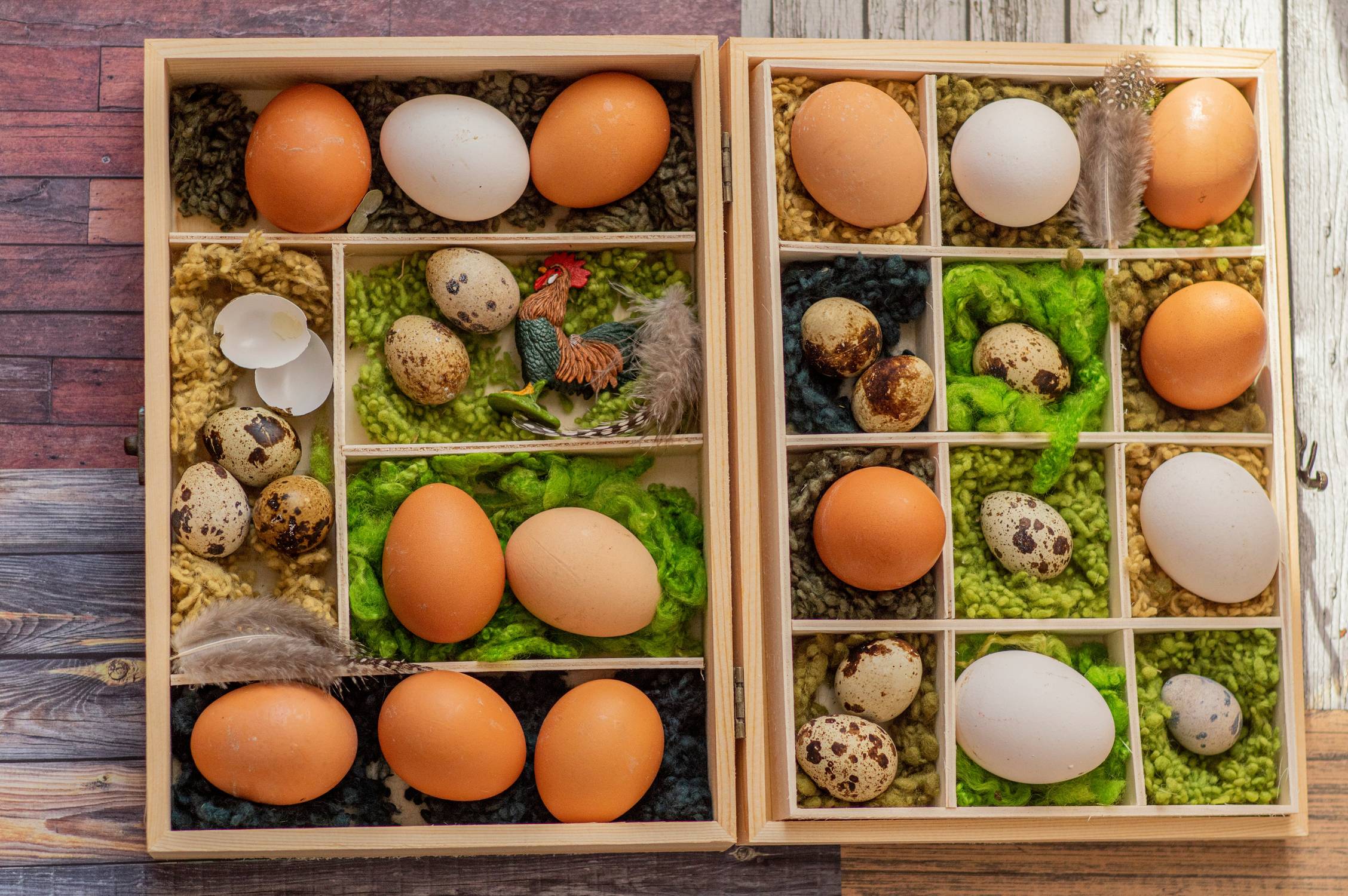
Vini Mini secures seed funding to prevent babies from getting food allergies
#vinimini
#food
#allergy
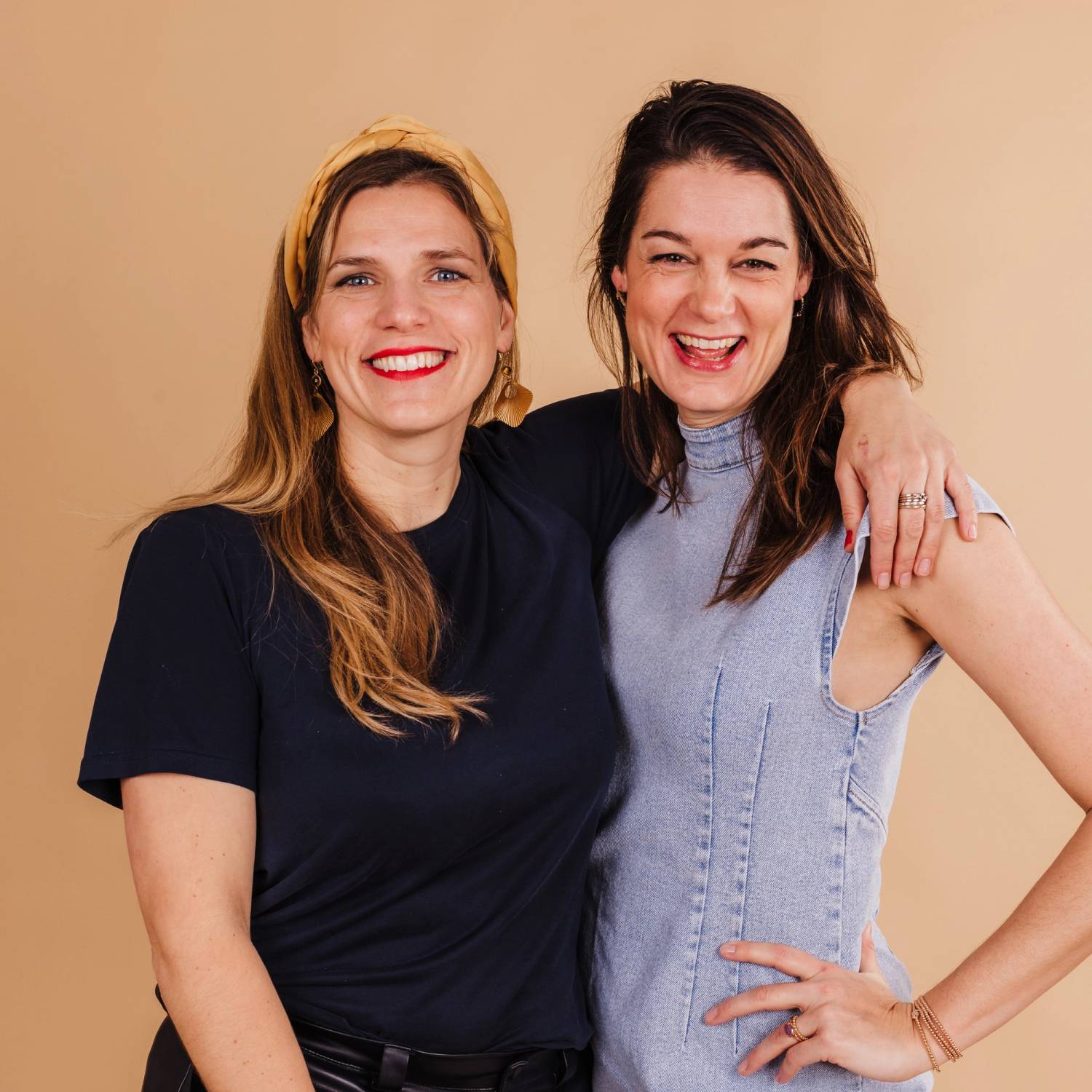
100 Days Before Impact Investment: Strengthen the Mission and Purpose of Your Company in 5 Steps
#mission
#funding
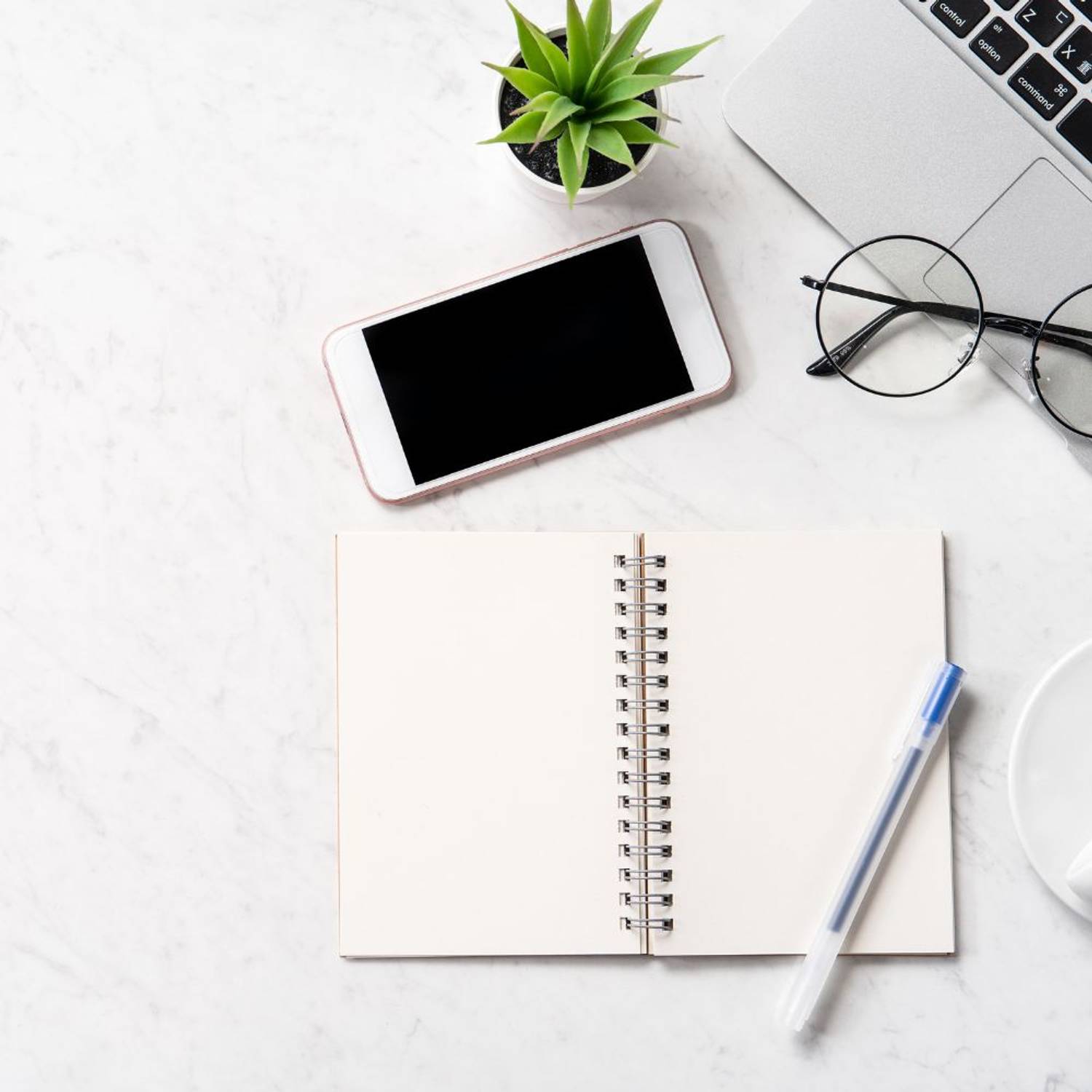
Regenerative Capital Room: Opening New Doors in Impact Investing
#regenerativecapitalroom
#impactinvesting
#matchmaking
